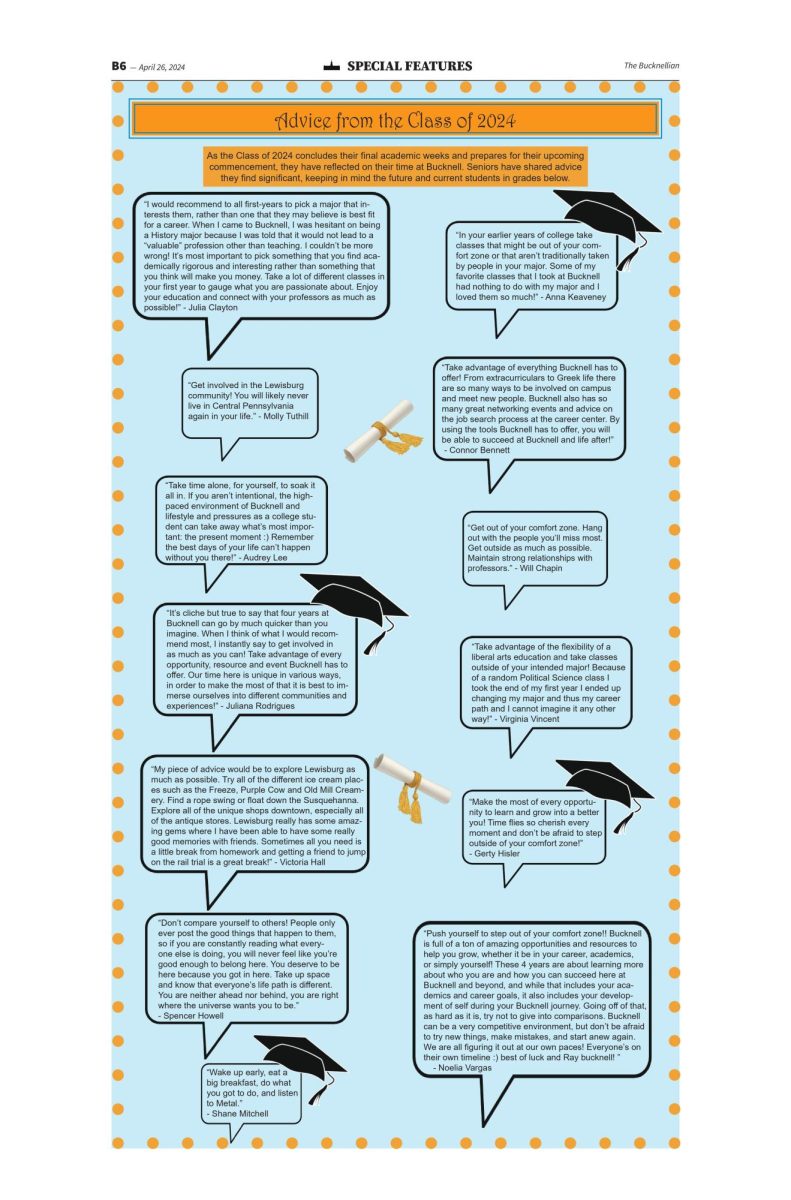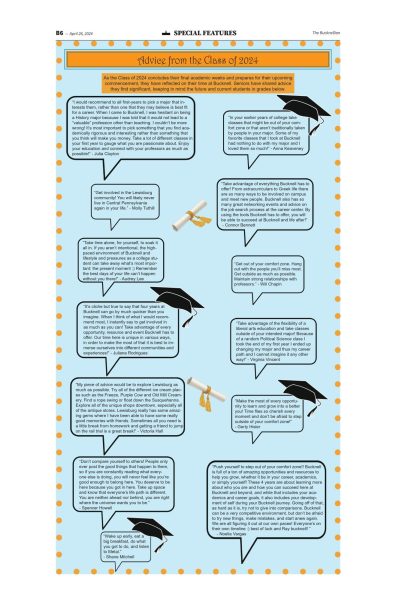Griot Institute hosts West African drumming lessons
January 31, 2019
Drumming instructor Hope Kopf taught a class on the art of West African Drumming on Jan. 29 in Hildreth-Mirza Hall. Ten people, ranging in ages and backgrounds, including children, local adults, and students, attended the class.
Kopf began drumming after her retirement. At a party, some of her friends brought out a djembe, a West African drum played with bare hands. Kopf tried playing it for the first time and loved it. Additionally, throughout her life, she has traveled to many African countries to learn more about the various and distinct cultures. She continues to teach, drum, and share cultural knowledge with anyone who is interested.
During the class, everyone got a djembe. Kopf explained that if anyone used a stick on these drums, the drums could break because they are made of goatskin and hide. Together, the classmates learned different hand drumming techniques such as base, which is the lowest note played by hitting the middle of the drum. They also learned tone, a higher note played by hitting the edges of the drum. The class even practiced learning how to slap, which is the most difficult drumming technique. Some people practice this technique for years before getting the sound just right.
After learning different ways to hit the drum, the class learned the Meni rhythm, which is used in West African drumming during baby naming ceremonies. In many West African Cultures, the naming of a baby is not done at birth, but rather at a celebratory ceremony typically held a week after birth. This is partly because of the high infant mortality rates. Kopf, who has studied in Gambia, said that these ceremonies were not held until a family could afford it, which was often not until a kid was around six or seven years old.
“Each rhythm is used for a specific purpose,” Kopf said. “I love many kinds of drumming, but I really decided to pursue this kind because I loved how all beats have a meaning.”
As the class progressed, everyone got a chance to try dunun drums. The dunun drums are part of the same family of drums as the djembe drums but are used with drumsticks instead of hands. The class played many songs together and experimented by trying different beats and patterns.
“It sounds like a really good chance to learn something new, make music, and relax after class,” Jack Magarelli ’22 said.
This opportunity is open to all students by the Griot Institute of Africana Studies and takes place almost every Thursday from 5-6 p.m. in the Hildreth-Mirza Great Room.























